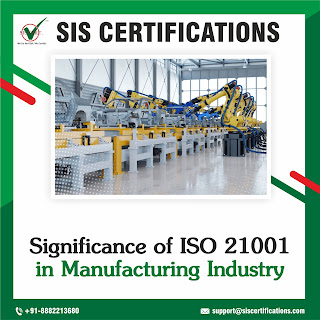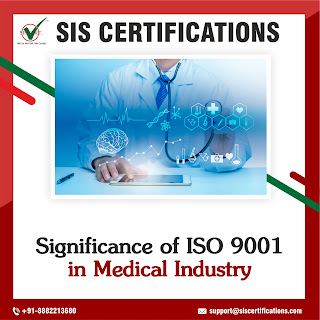Significance of ISO 9001 in IT Industry
The ISO 9001 standard is significant in the IT industry for several reasons, as it helps organizations establish and maintain effective quality management systems. Here are some key points highlighting the significance of ISO 9001 in the IT industry: Customer Satisfaction : ISO 9001 places a strong emphasis on customer satisfaction and the delivery of products and services that meet or exceed customer expectations. In the IT industry, where client requirements are diverse and rapidly changing, ISO 9001 helps organizations focus on understanding and meeting customer needs. Process Improvement : The IT industry is dynamic and relies heavily on efficient and effective processes. ISO 9001 promotes a process approach to quality management, encouraging organizations to identify, monitor, and continually improve their key processes. This is crucial for optimizing workflows and delivering high-quality IT solutions. Risk Management : ISO 9001:2015 introduces the co

